Trusted Commercial Electrician in Rockwall, TX
Downtime costs money. We provide reliable electrical services tailored for Rockwall businesses, from panel upgrades to lighting installs. Our certified Master Electricians ensure your property stays powered, safe, and up to code.
TESTIMONIAL
Licensed Commercial Electrical Services in Rockwall TX
Electrical Panel & Breaker Box Upgrades
Keep your building ready for growth with commercial electrical panel upgrades in Rockwall from Buckmasters Electric.
Commercial Electrical Panel Upgrades
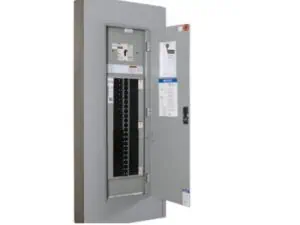
Modernize for new equipment and Rockwall codes.
Commercial Breaker Box Upgrades
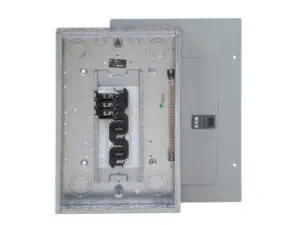
Stop overloads and tripping.
Commercial Electrical Meter Installation
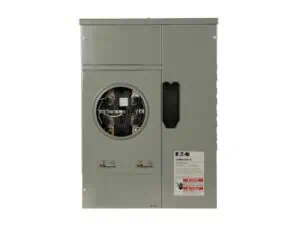
Need a fast, licensed commercial electrician?
Contact Buckmasters Electric for a free quote today.
Commercial Lighting Installation and Wiring in Rockwall, TX
Enhance curb appeal and safety with our commercial lighting installation in Rockwall, TX
Commercial Electrical Wiring Services
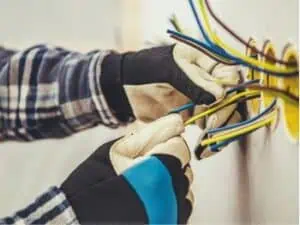
Fix outdated systems or support remodels.
Commercial Outdoor Lighting Installation

Commercial Security Lighting Installation

Emergency Lighting Installation

Commercial Electrical Installation & Electrical Maintenance
Commercial EV Charger Installation
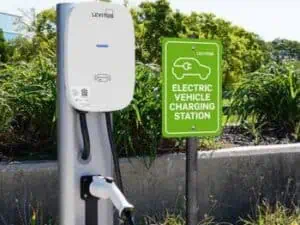
Commercial Surge Protection Installation
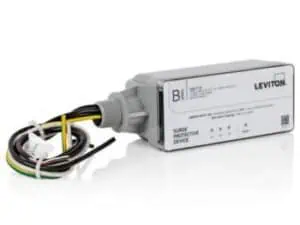
Electrical Troubleshooting and Repairs for You Business
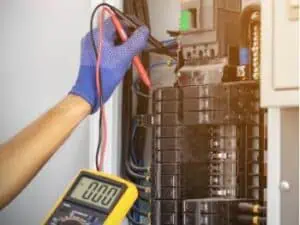
Commercial Electrical Maintenance
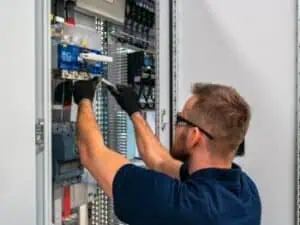
Commercial Electrical Inspection Services and Testing
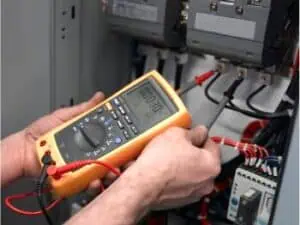
Commercial Electrical Code Compliance
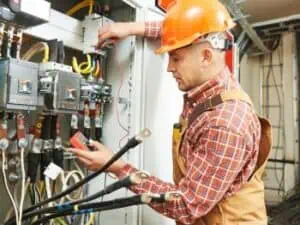

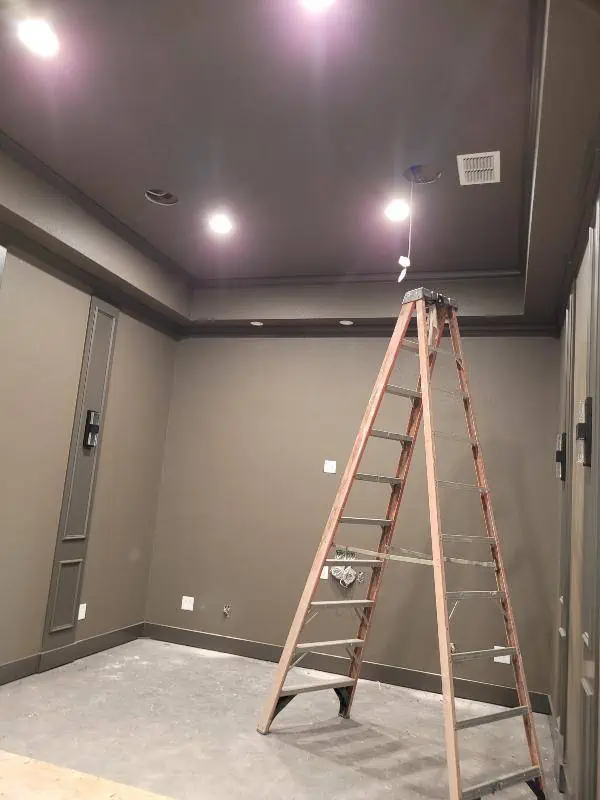
Frequently Asked Questions
Areas We Serve
Collin County Electrician Frisco, Texas Electrician McKinney, Texas Electrician Plano, Texas Electrician Wylie, Texas
Dallas County Garland, Texas Mesquite, Texas North Dallas, Texas Sunnyvale, Texas
Van Zandt County Edgewood, Texas Grand Saline, Texas Wills Point, Texas
Kaufman County Electrician Forney, Texas Electrician Kaufman, Texas Electrician Terrell, Texas
Rockwall County Electrician Rockwall, Texas Electrician Royse City, Texas
Upshur County Big Sandy, Texas Gilmer, Texas
Wood County Quitman Texas
Looking for residential or emergency electrical work too? Visit our Electrician in Rockwall, TX page.